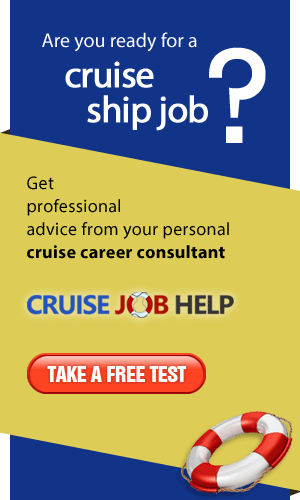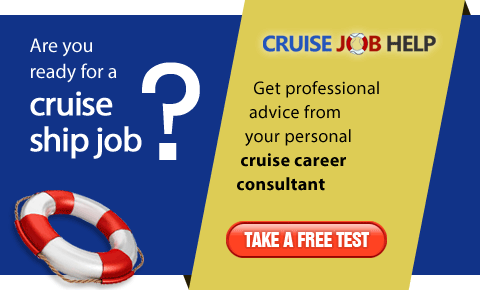A Good Resume
Recruitment agents and cruise companies get thousands of Resumes / CVs every month. Because there are not too many positions available, the majority of Resumes / CVs are put aside. If you want to get the job on a cruise liner, you must have a good Resume.
Your Resume must be typed and printed. A handwritten Resumes / CVs never succeed. The Resume must be written in English. Check for any typing or grammatical mistakes.
Make sure to include your correct address and telephone number. If you are applying to a company located in a different country than yours, list your phone number in the international format - i.e. include a "+" and the country code. The + sign stands for "international access code", followed by the country code, followed by your phone number. Most countries have a 0 in front of all numbers if you call within the country. This 0 is not dialed, when the number is called internationally. For example, a typical UK phone number would be 01234 567890. The international format for this phone number would be +44 1234 567890.

A good Resume should not be longer than 2 or 3 pages. It should ideally be on 1 or 2 pages, depending on your education and work experience history.
Most recruiters and employers will want you to submit an electonic version of your Resume. Make sure your Resume is in one of the common file formats: DOCX/DOC (Microsoft Word), RTF (most text editors), or PDF (Adobe Acrobat).
Your Resume and cover letter should target a specific job. Describe your work experience, skills and education that directly relate to the position you're applying for. Don't just list what you have accomplished but also demonstrate how you can contribute to the passengers' cruise experience.
A good Resume should include previous work experience, duties, responsibilities, awards, education achievements, degrees and certificates. When you list your academic background, begin with the highest education that you've achieved. Also, your employment history should be listed in reverse chronological order – beginning with your latest position. List the languages you speak and indicate the level (fluent, intermediate, basic).
A short description of the companies you have worked for is also helpful, since the hiring person may not be familiar with local companies in your country. When applicable, write for example how many seats the restaurant you've worked for has, how many beds are in the hotel, the hotel category, what kind of service was offered in the restaurant (plate or silver service), what kind of cocktails where offered in the bar, etc.
Some recruiters request candidates' photos with applications. If you include a picture in your Resume, it should be a professional photograph, not one where you are seen table dancing at a party.
Include 2 or 3 business references. The referring persons will be contacted and the references will be checked.
Enclose a cover letter with your Resume. Briefly highlight your skills and education that are relevant to the position you are applying for. Address the letter to the recruitment agent or the personnel manager of the cruise company. Don't forget to sign the letter. If you're submitting your Resume electronically, include the cover letter in the body of the email or in the specific field for covering letter if you're using an online form provided by the recruiter. Find out how to write a good cover letter.
Be persistent when you apply for a job but do not be annoying. Do not call the recruitment agents and personnel managers too often. Keep sending them Resume updates.



